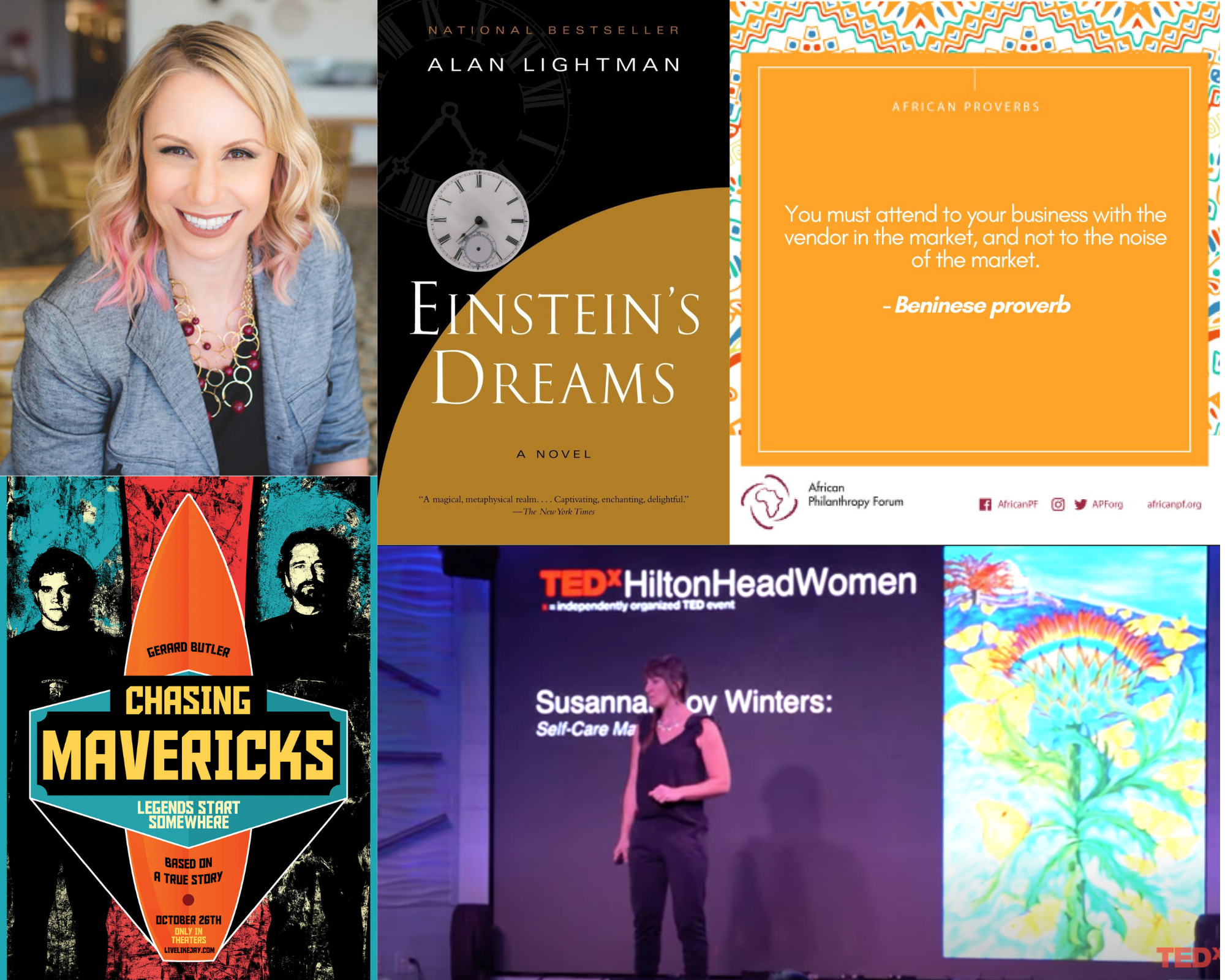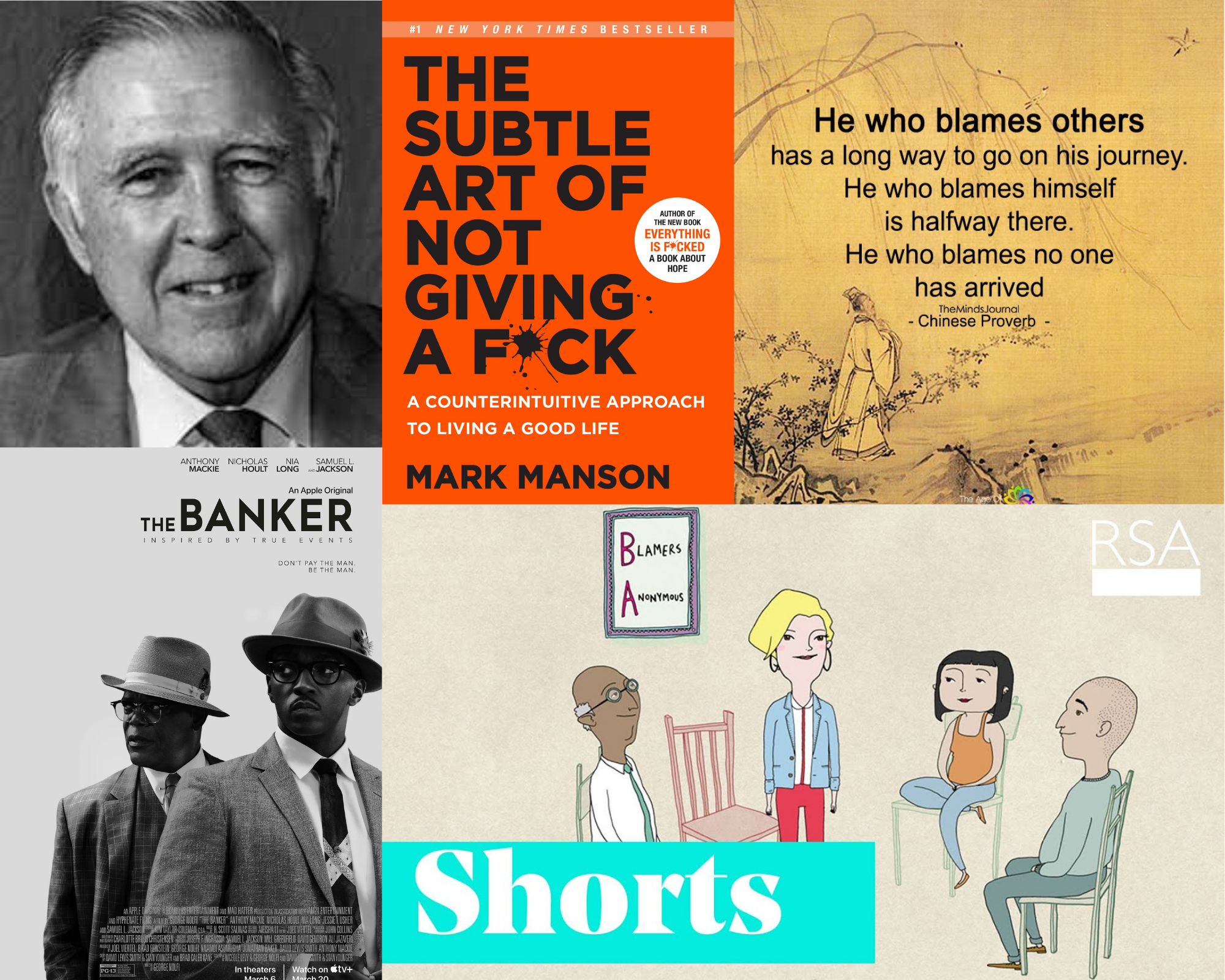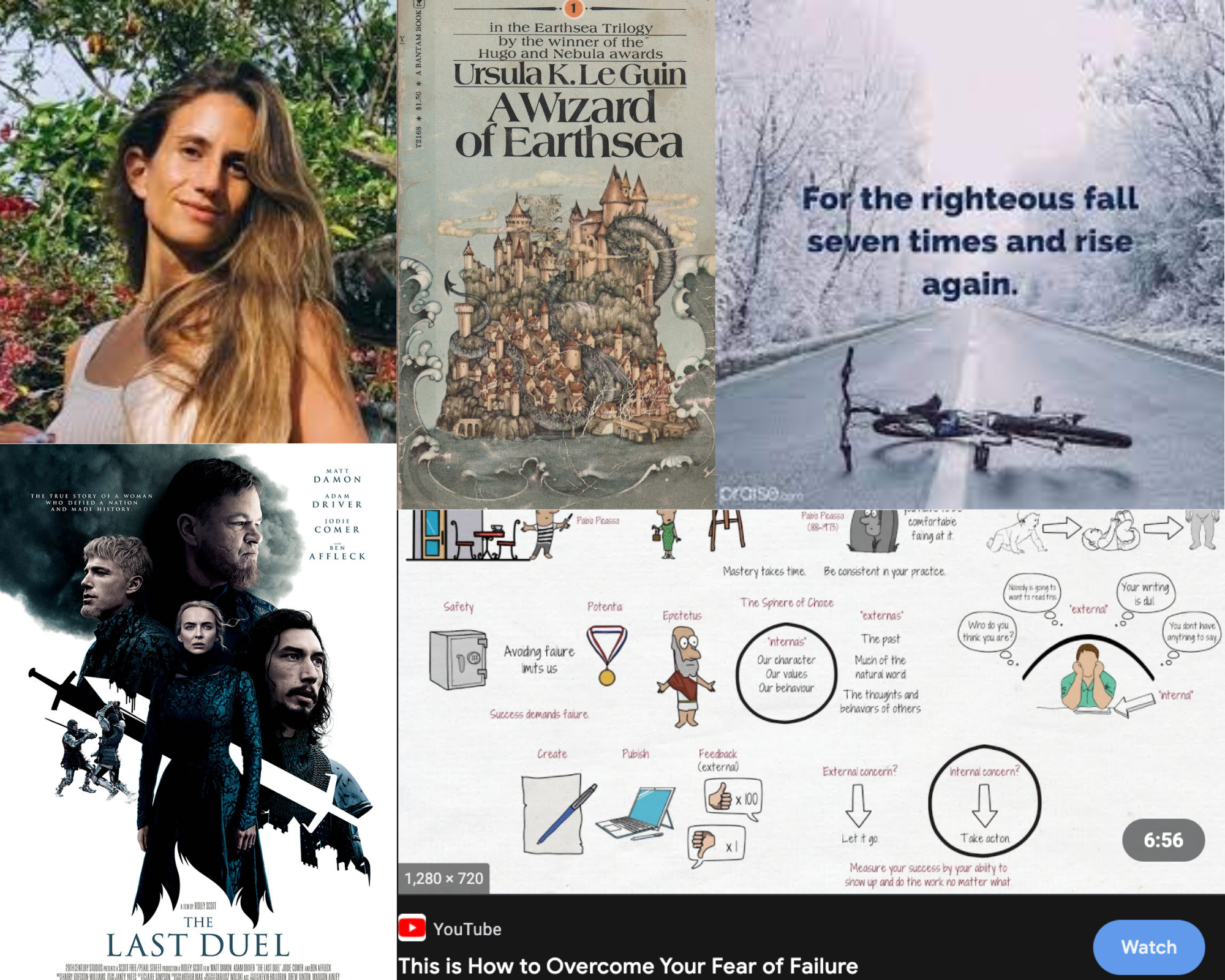Sunday Supplement #46 (March 27th, 2022)
Below is another Sunday Supplement with a quote worth sharing, a book worth reading, a movie worth watching, brainfood worth consuming, and a spiritual passage worth pondering.
I hope you take something away from these recommendations that enriches your week ahead!
Quote of the Week:
“Self-care is giving the world the best of you, instead of what’s left of you.”
– Katie Read
Book of the Week:
Einstein’s Dreams – Alan Lightman
I picked up Einstein’s Dreams randomly in a used bookstore. I hadn’t heard of it before, and I noticed the novel popping out for me and decided to buy it.
Einstein’s Dreams contains the same magical flow that brought me to it. The book fictionalizes Albert Einstein while he works on his theory of relativity in 1905.
Each chapter describes a dream Einstein has about different worlds that have different experiences of times.
In one, time is like a flow of water that a cosmic disturbance can interrupt. Some people get caught by a ripple and are blown back to the past. They try not to disturb the timeline, knowing they do not belong and fearing their actions could change the future.
In another world, time flows more slowly the farther you are from the earth’s center. People flock to the mountains and other high areas.
Alan Lightman’s debut novel has been translated into over 30 languages and is an international bestseller. It is a wonderfully thought-provoking novel and worth checking out.
Movie of the Week:
Jay Moriarity was a famous young surfer who became famous after surfing up to sixty-foot waves at Mavericks in Half Moon Bay, California.
Chasing Mavericks is a biopic that focuses on Moriarity’s life growing up in Santa Cruz and his relationship with his mentor, surfing legend Frosty Hesson.
This film is one of my favorite go-to’s for a feel-good and motivational movie. The majority consensus around the film is that it portrays Moriarity’s life pretty accurately, making the story even more impressive for those who don’t know it.
Chasing Mavericks didn’t get nominated for any Oscars, but it is a pure-hearted simple film with a positive message and story.
When I watch it, I’m reminded to do what I love and to find a way to keep smiling and enjoy the life all around me.
Brainfood of the Week:
TEDx | Susannah Winters | Self Care: What It Really Is
In this TEDx video, Susannah Winters breaks down what self-care practices look like and how frequently promoted activities often leave you more depleted with less energy.
Winters raced Sprint Kayaks for the USA National Kayak Team for around ten years and competed at five World Championships.
After retiring from the sport, she worked for ten years managing a high-volume retail business in D.C. On top of this, she was starting a business with her husband and raising a two-year-old.
Winters burned out and quit her job. She then pursued her passion and began working as a childbirth educator and Doula.
A significant aspect of her new job was supporting pregnant women to be relaxed as possible in a stressful environment. Winters realized she needed to do that for herself and began to learn how.
The 10 billion dollar self-care industry often promotes self-care as a spa day, drinks, and Netflix binges.
So, what is self-care, and how do we practice it?
Winters explains how self-care is deliberately taking care of your well-being through restorative activities. She then goes on to describe three ways to practice self-care.
One is moments of stillness and silence. We are bombarded by noise outside and in (thoughts) throughout our days. Giving ourselves time to breathe and experience silence is crucial to restoring our energy levels.
The other two practices can be found by watching the 10-minute video above. Practicing our own self-care routine is probably the best thing we can do for ourselves, and I highly encourage you to take the time you deserve for yourself.
Closing Spiritual Passage:
“You must attend to your business with the vendor in the market and not to the noise of the market.”
– Beninese Proverb
When I read this Beninese proverb, I can simplify the message to signify the importance of not getting distracted when accomplishing your goals.
However, business with the vendor can mean many different things. The exchange can be yourself and your dreams, the essential tasks in your day or life, or the need for self-care.
The vital thing that I take away from this proverb is not to allow the noise of others to prevent me from achieving my objectives.
The market’s noise doesn’t mean ignoring those closest to you but rather the babel that can happen when you put yourself out in the public eye.
I’m reminded of the importance of trusting yourself and listening to your heart rather than being swayed by the noise around you.
Listen to your heart, fill your cup, and have a blessed week ahead!
Comments closed


